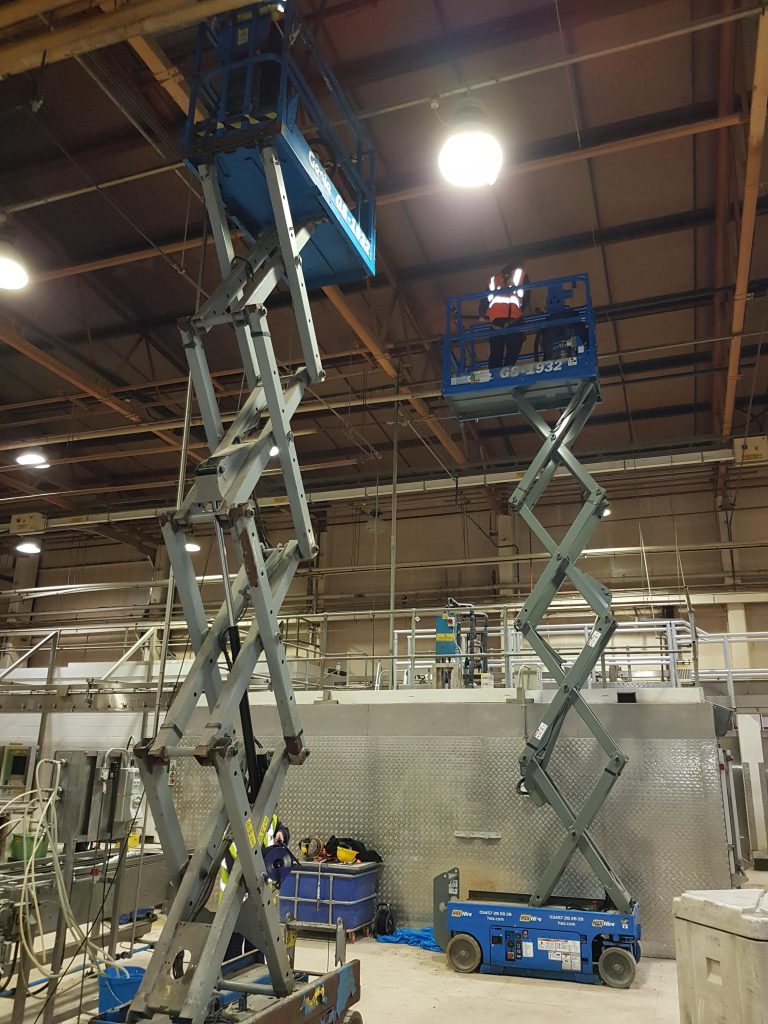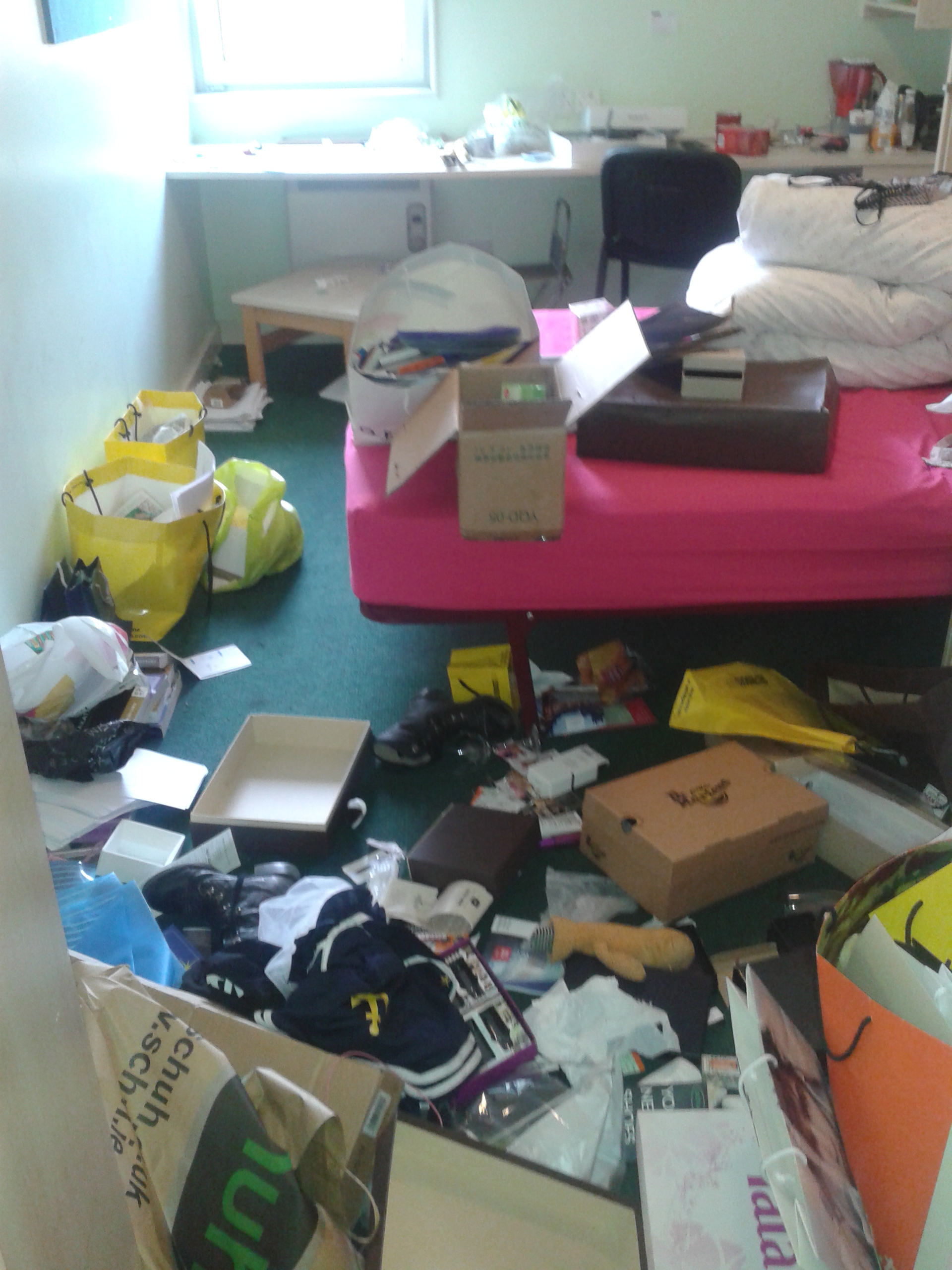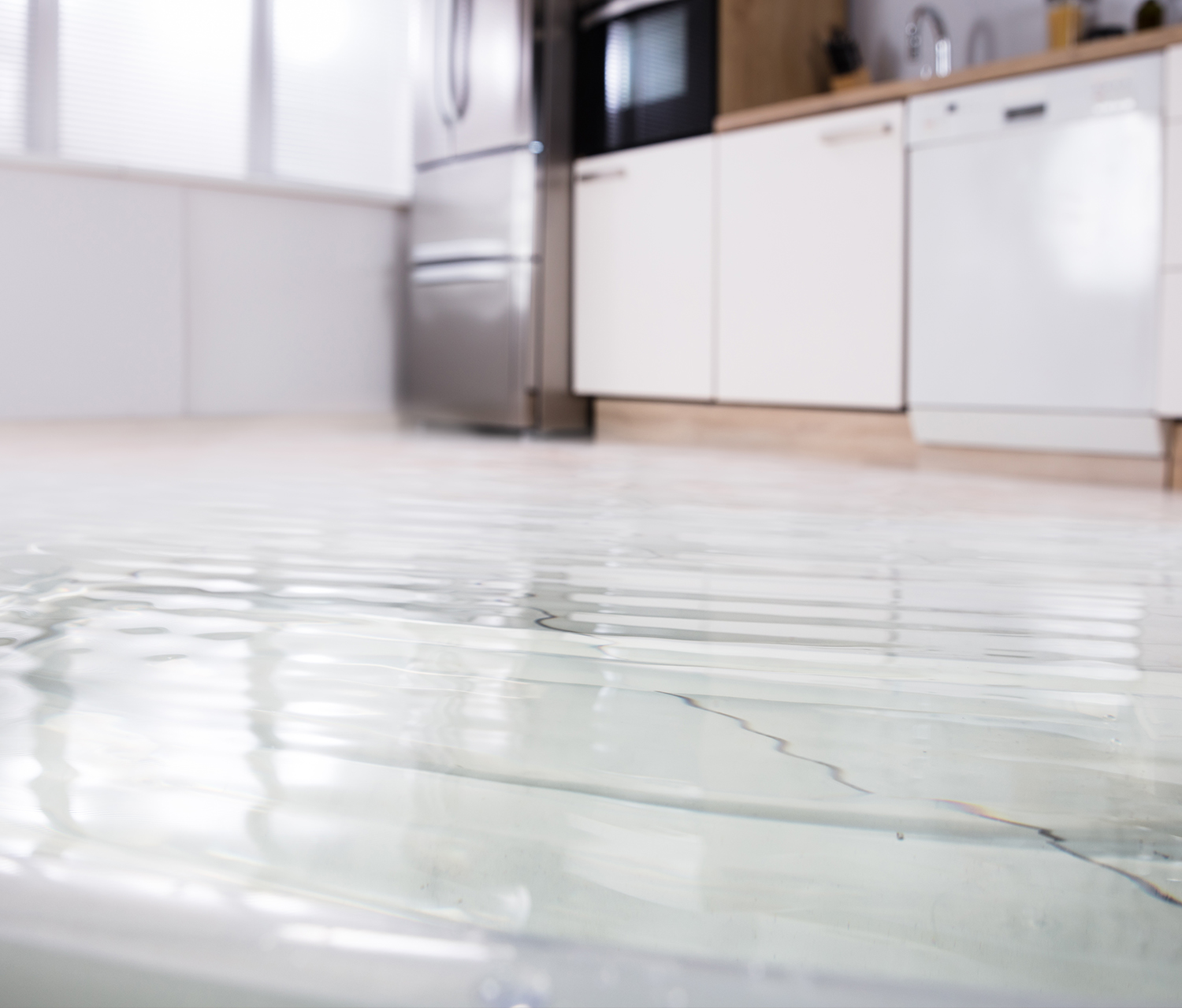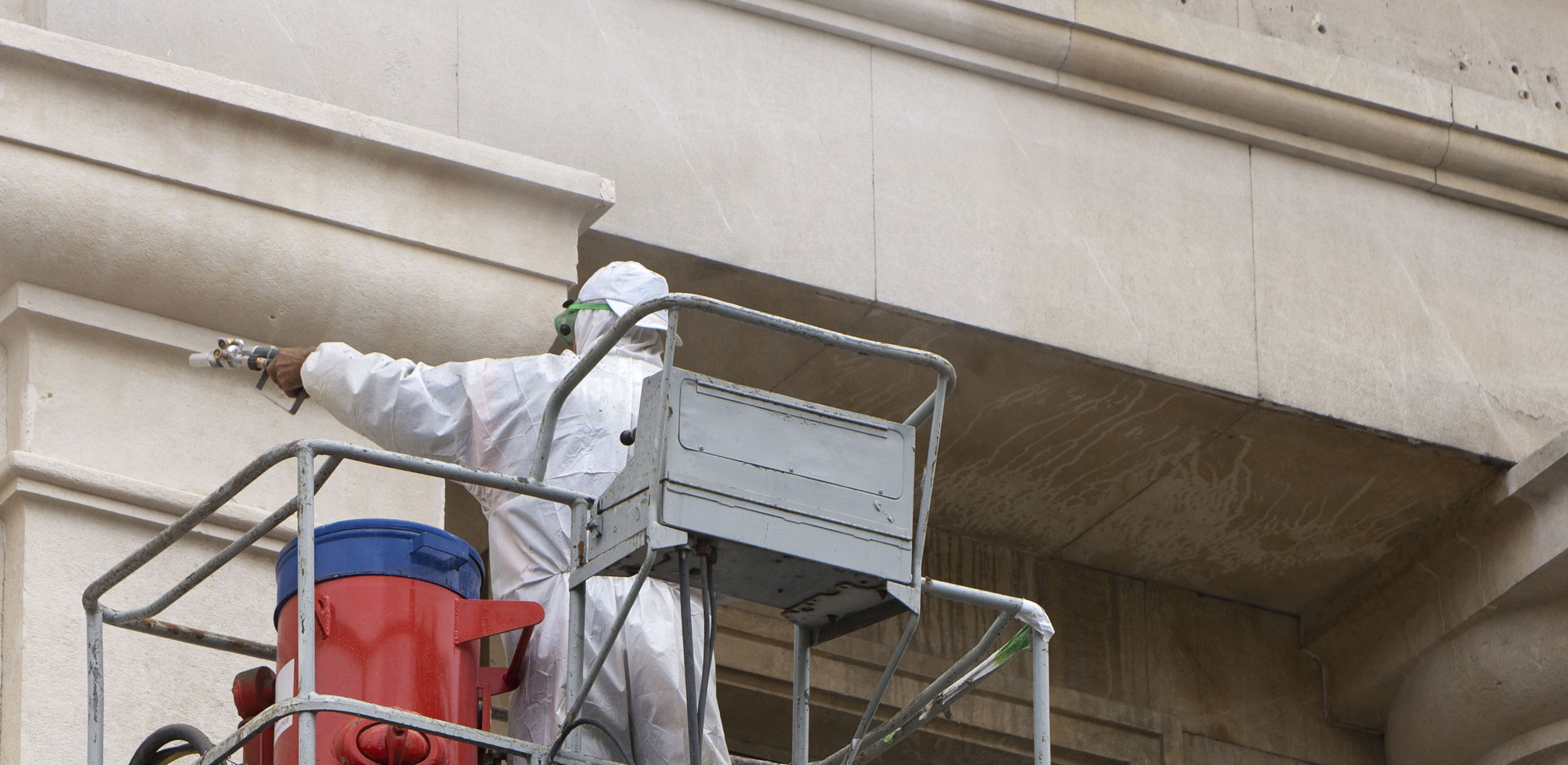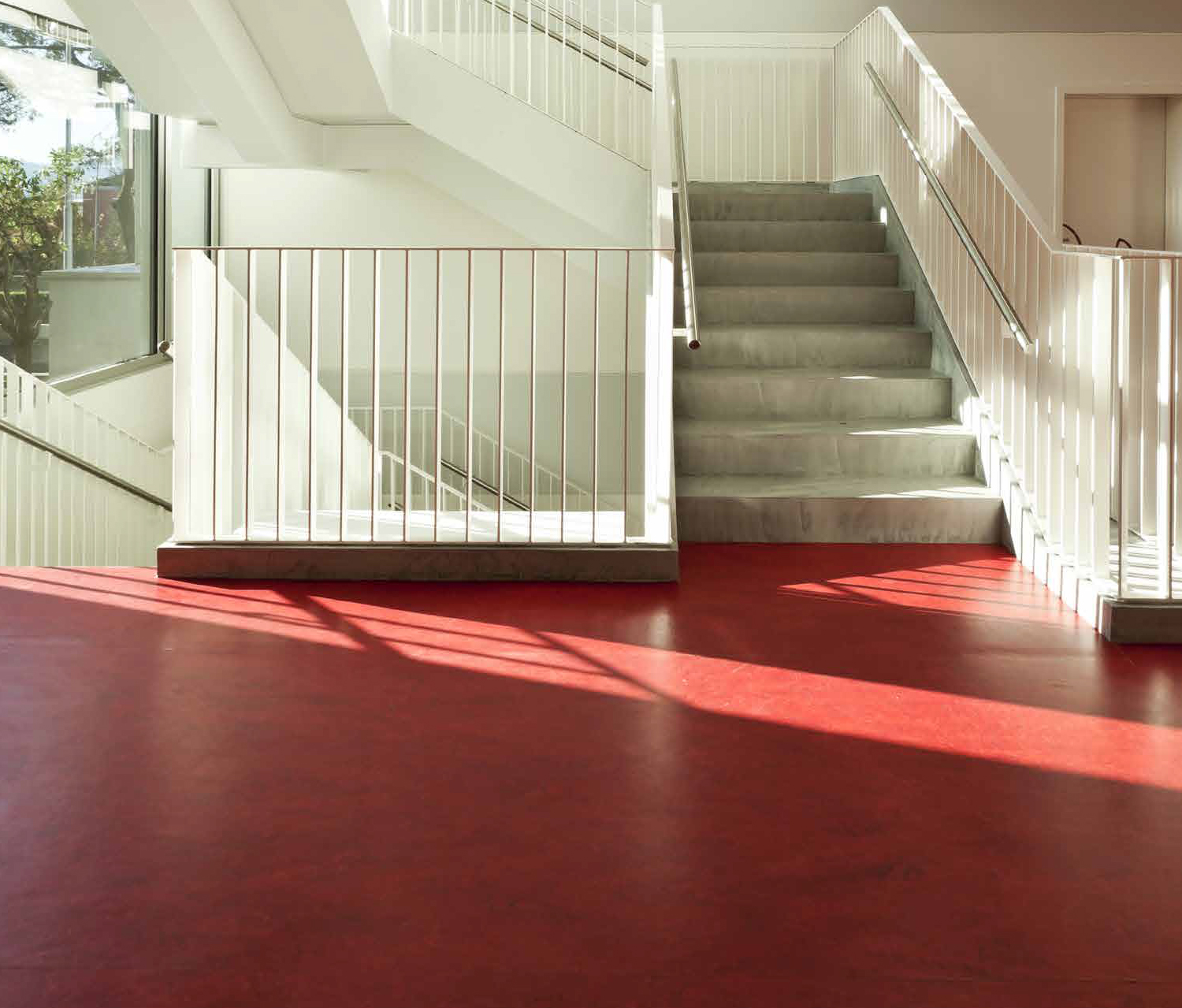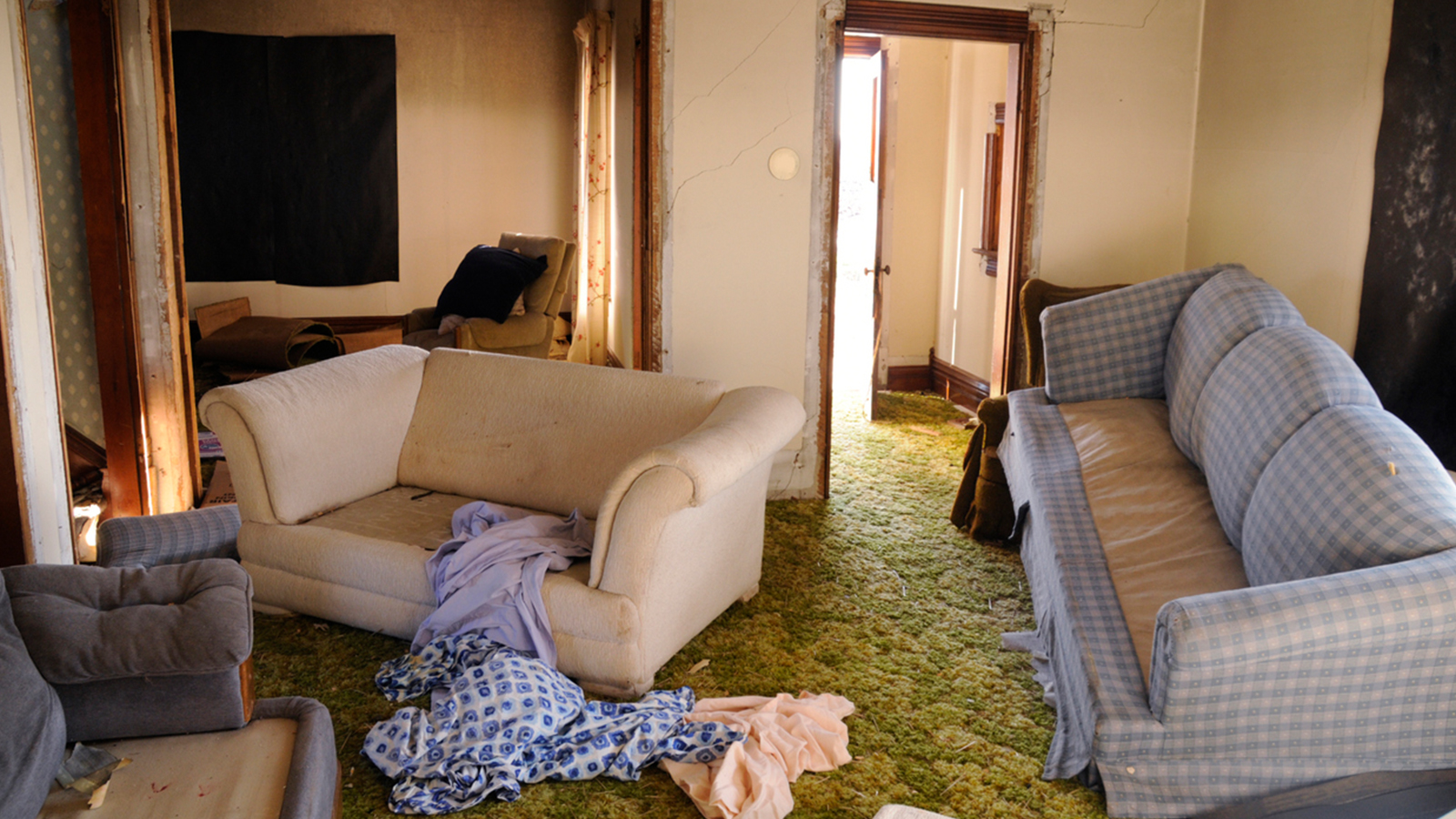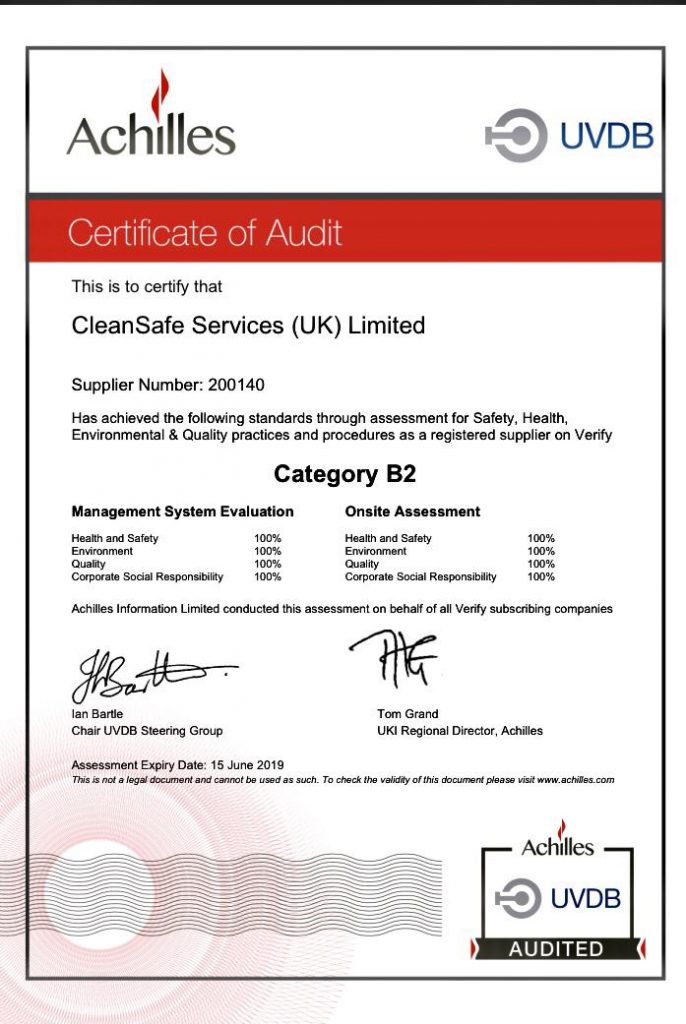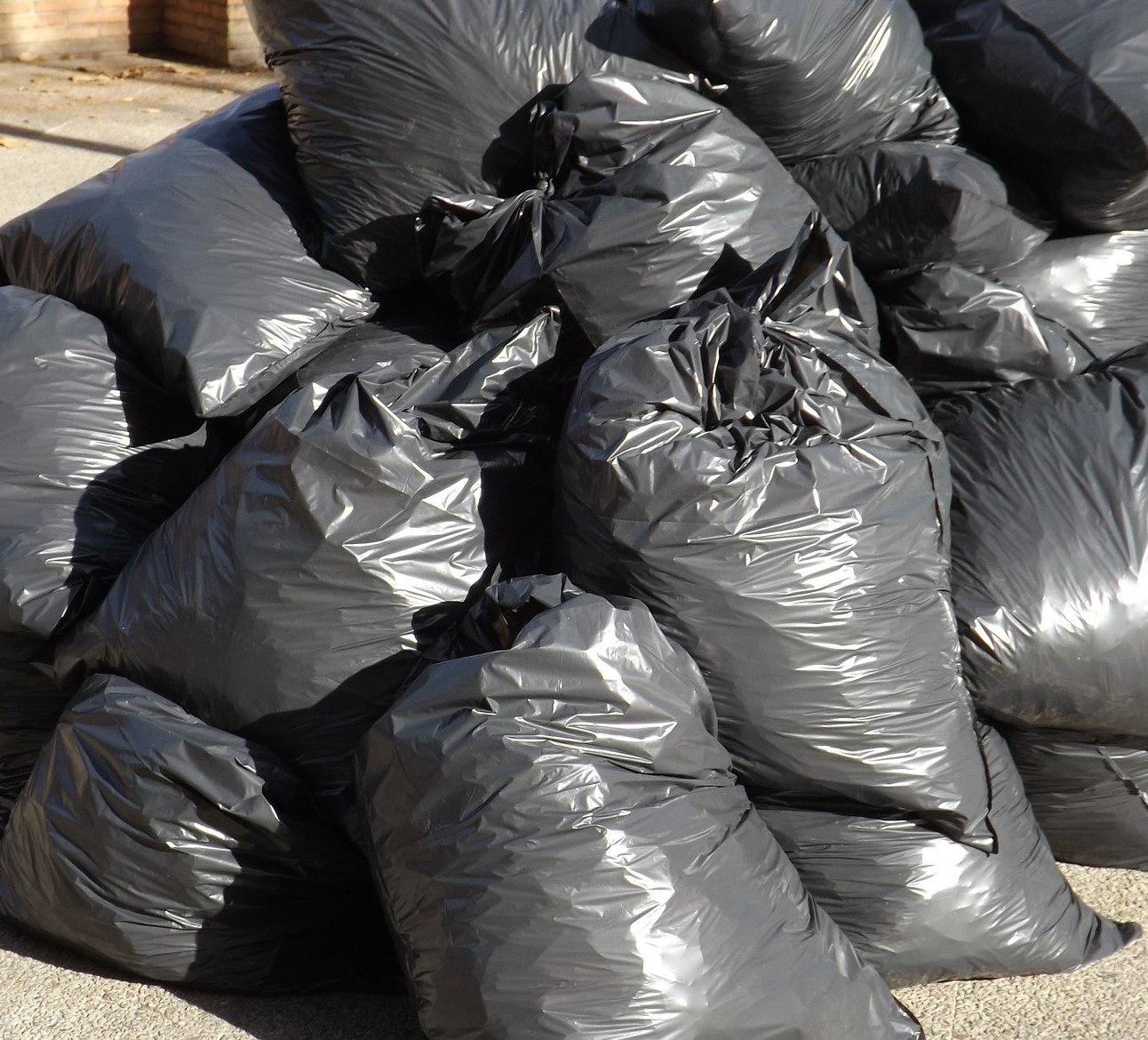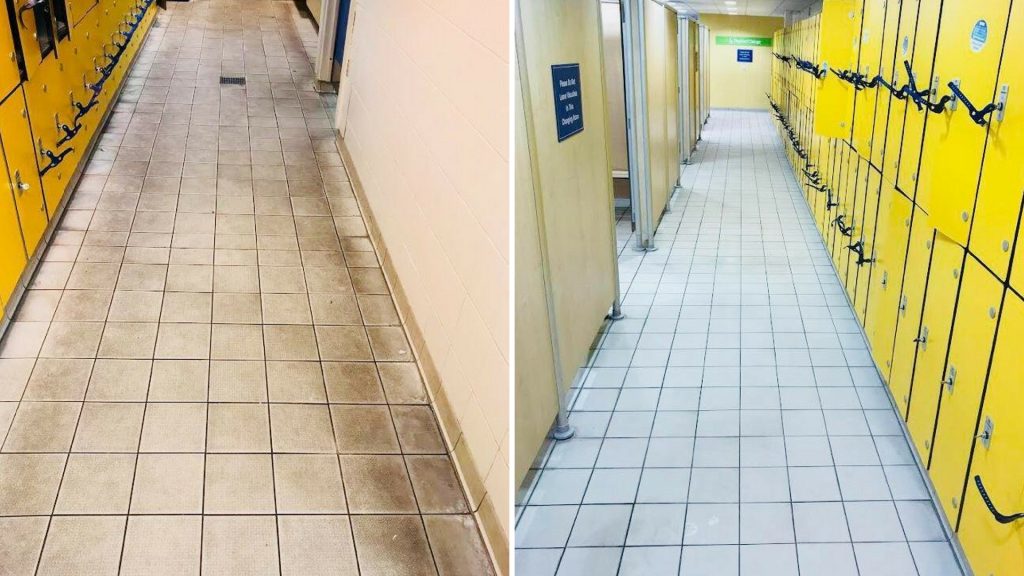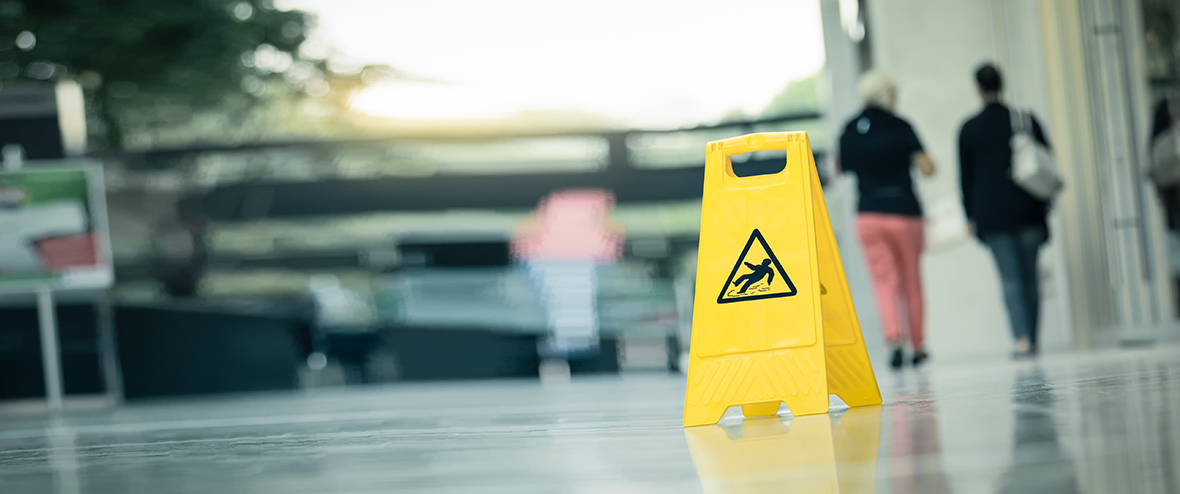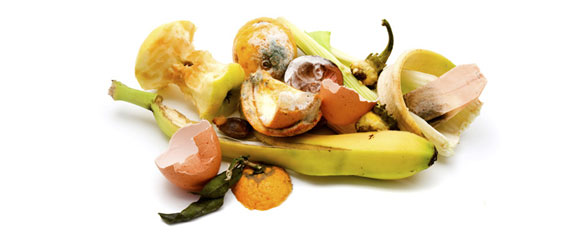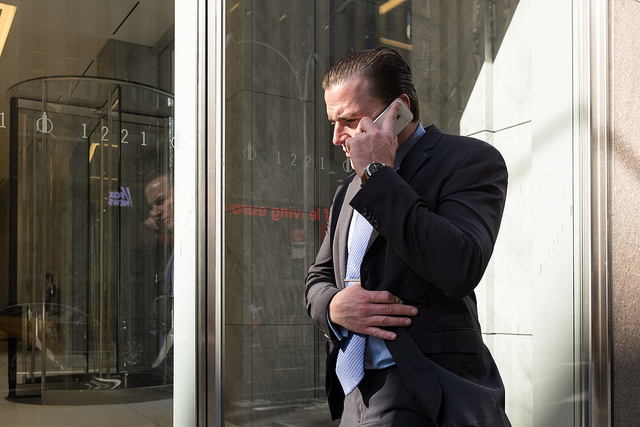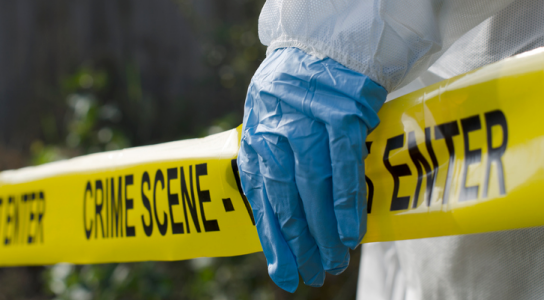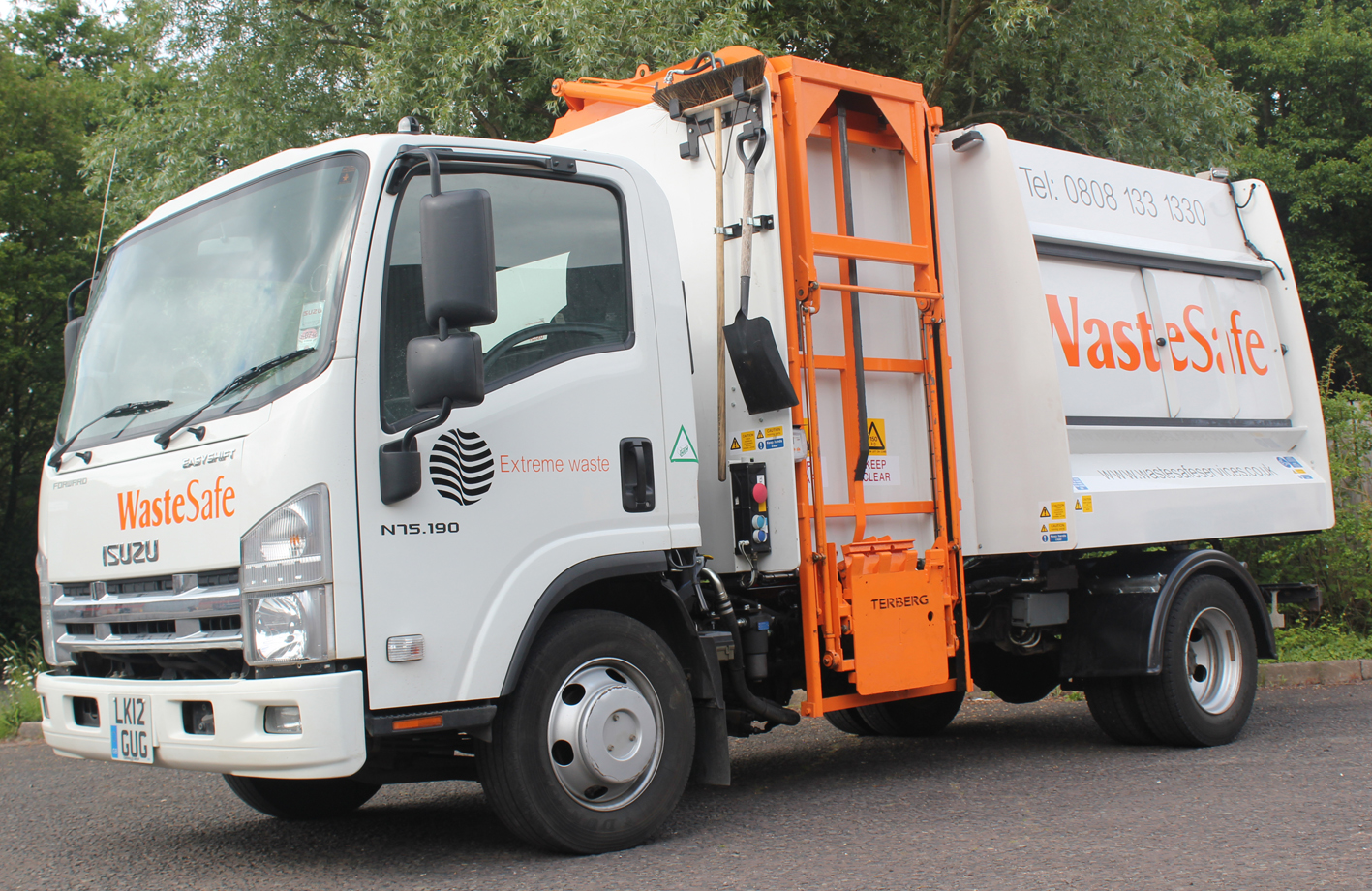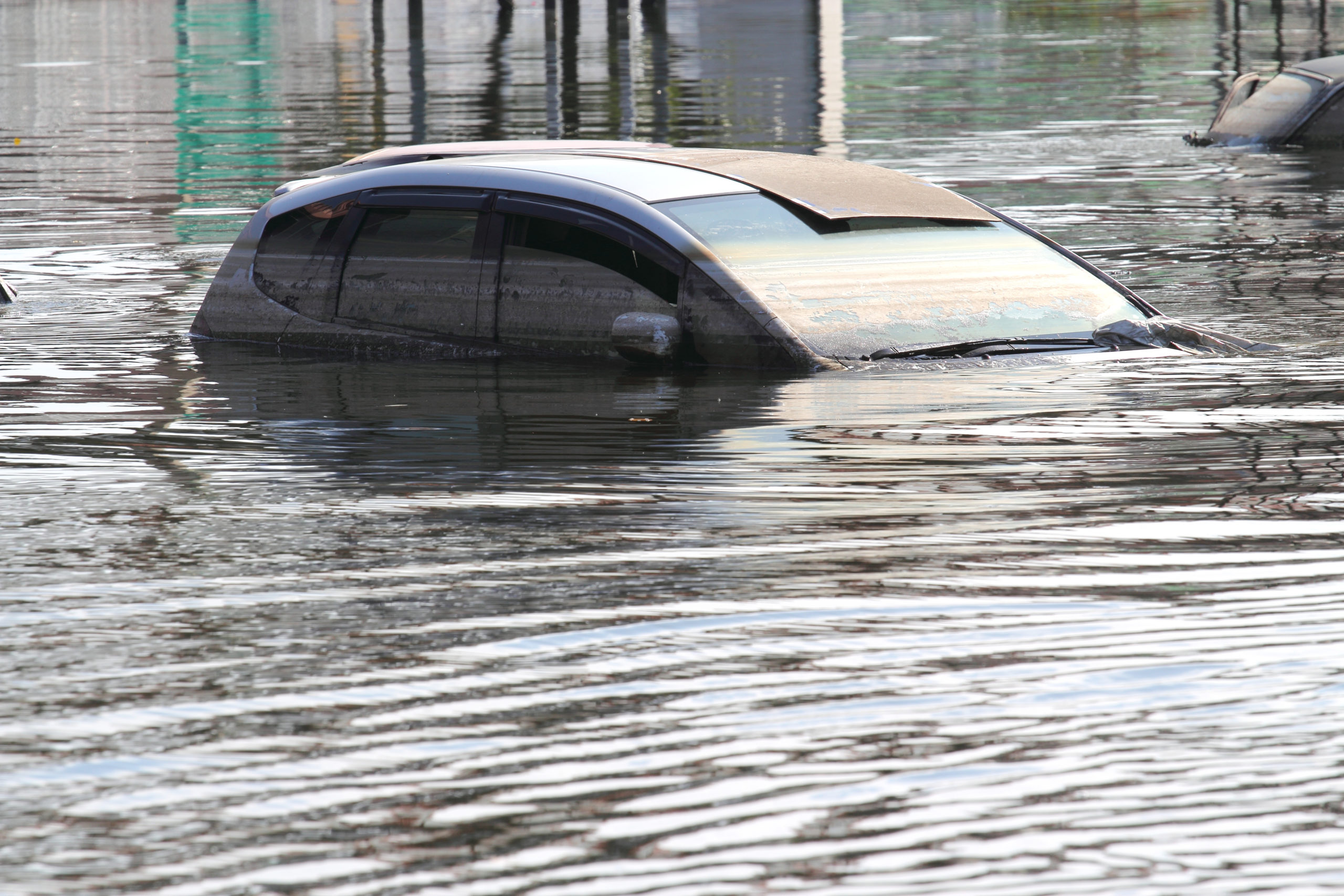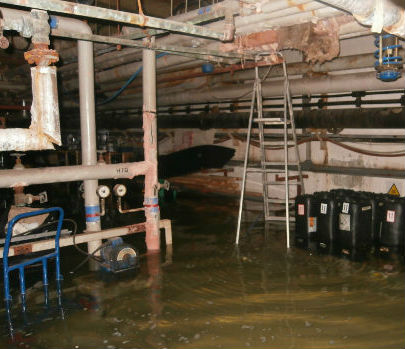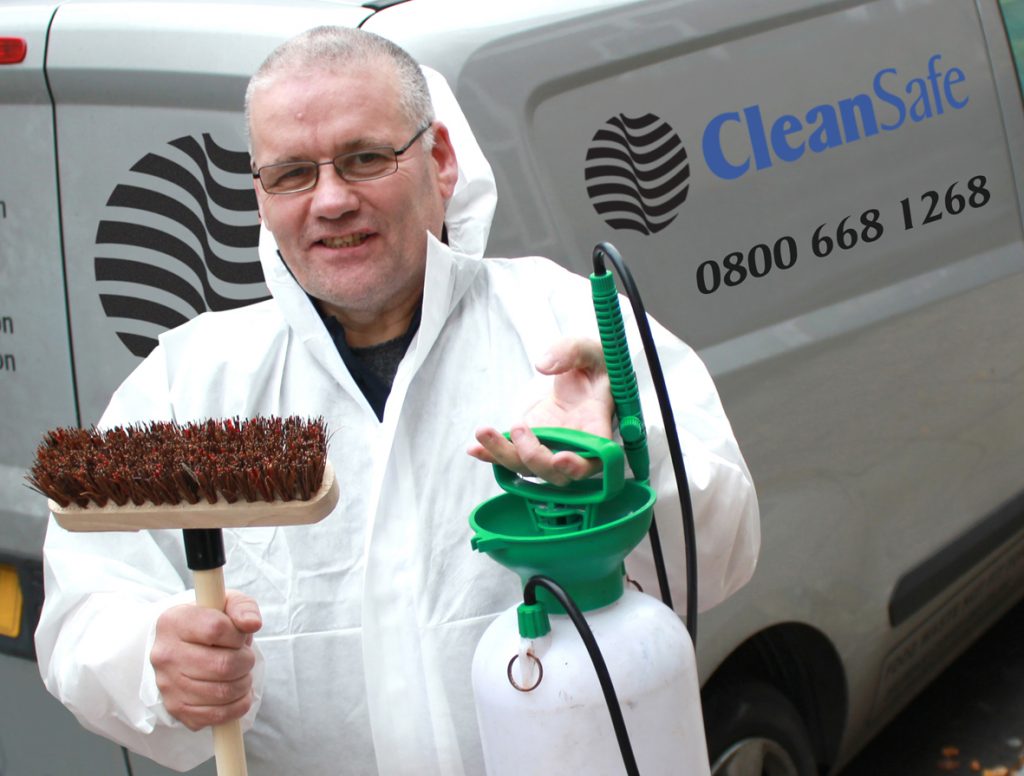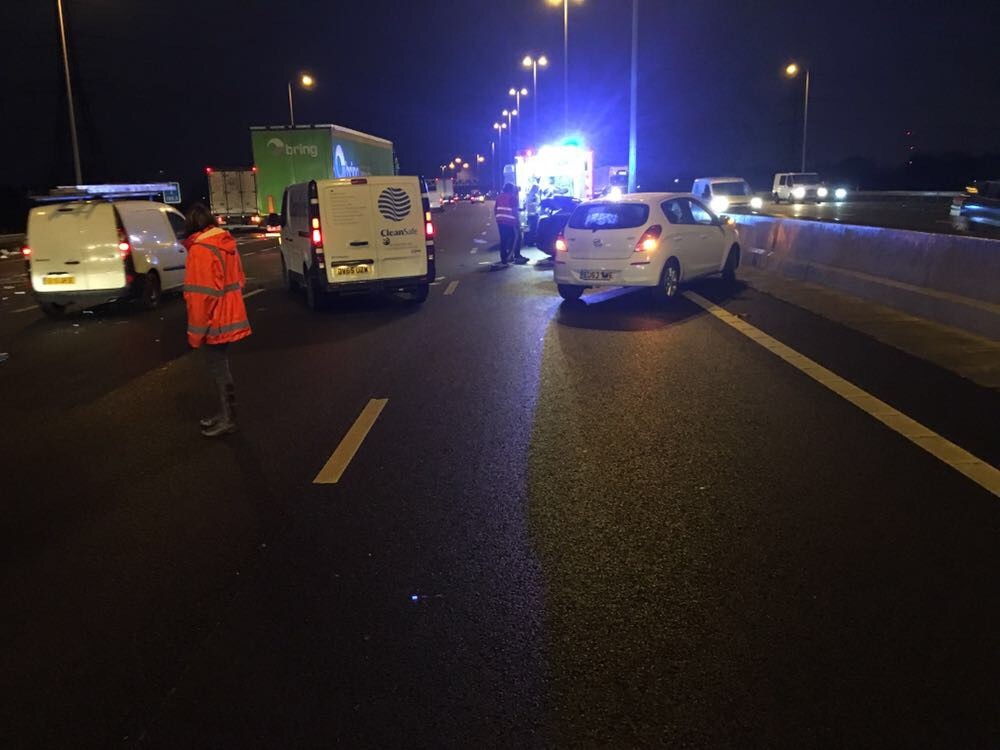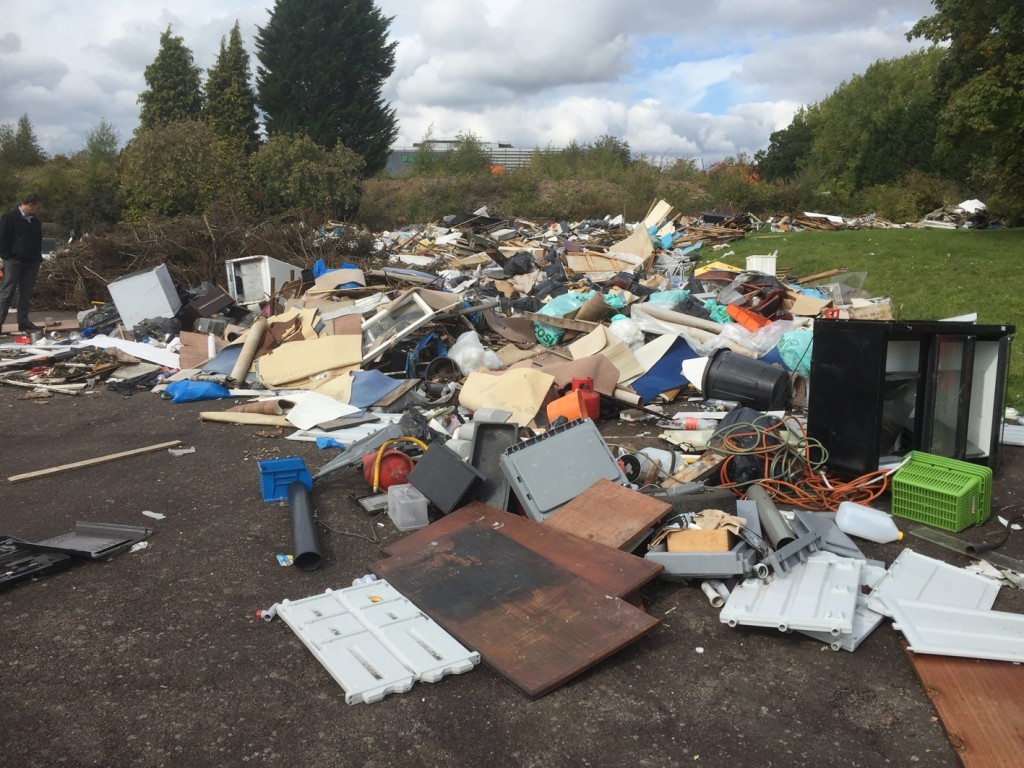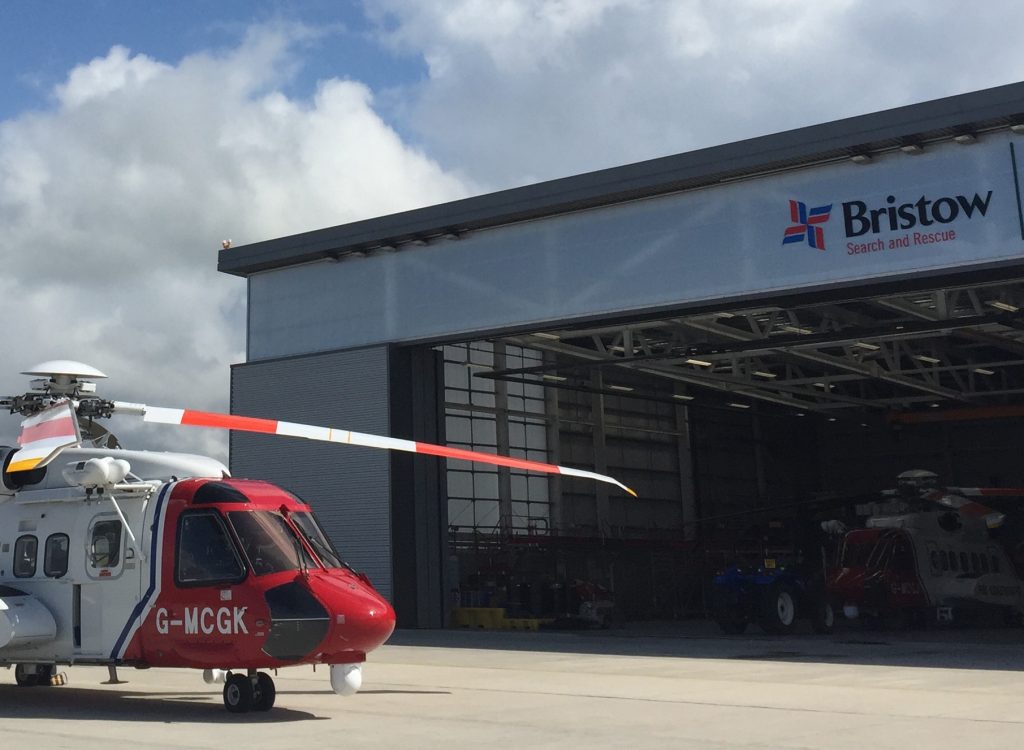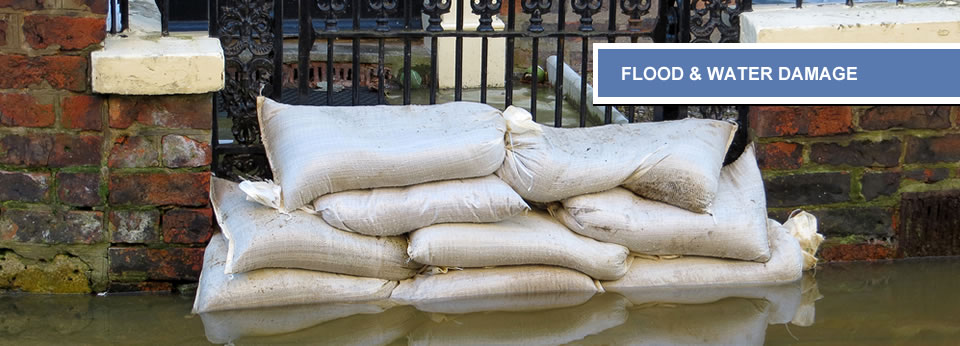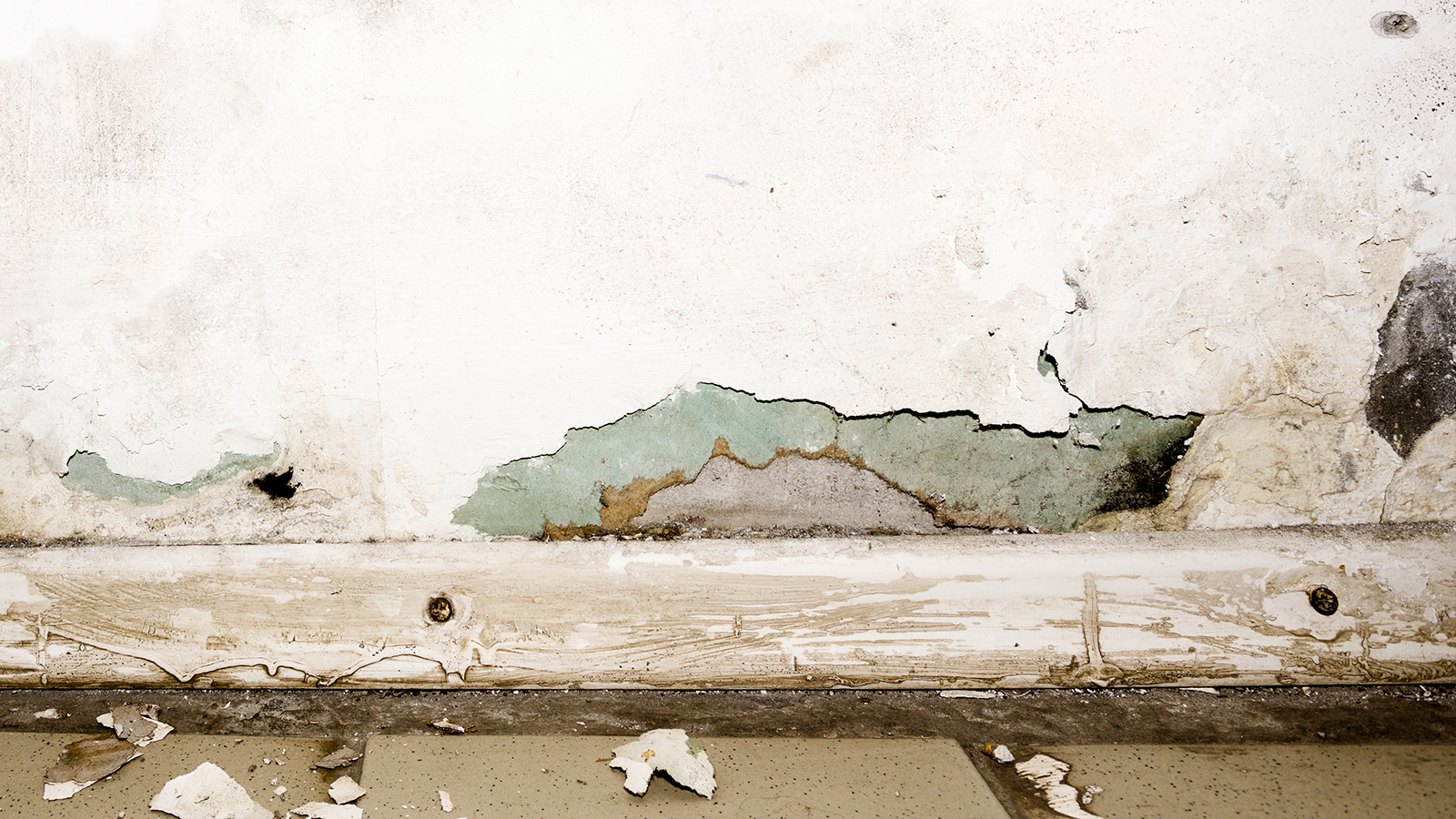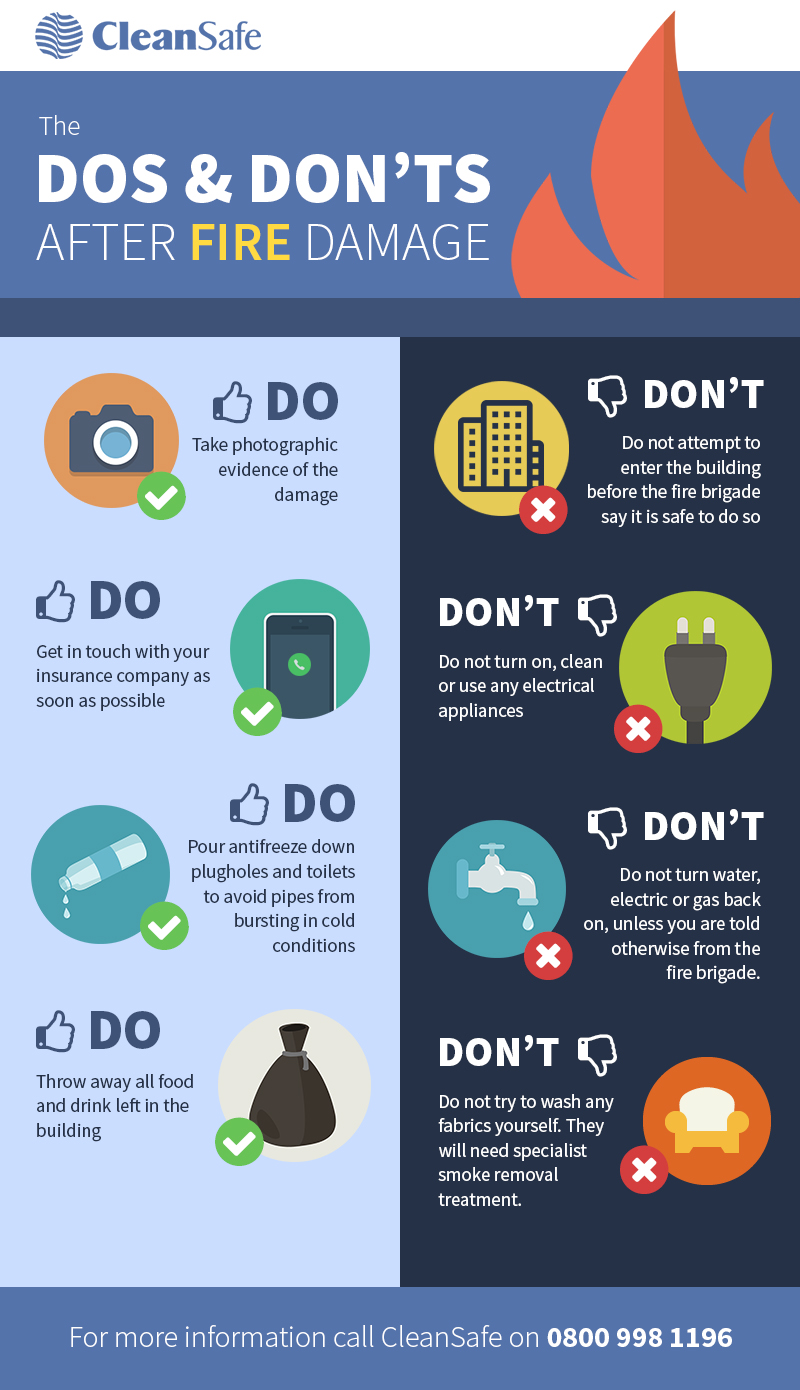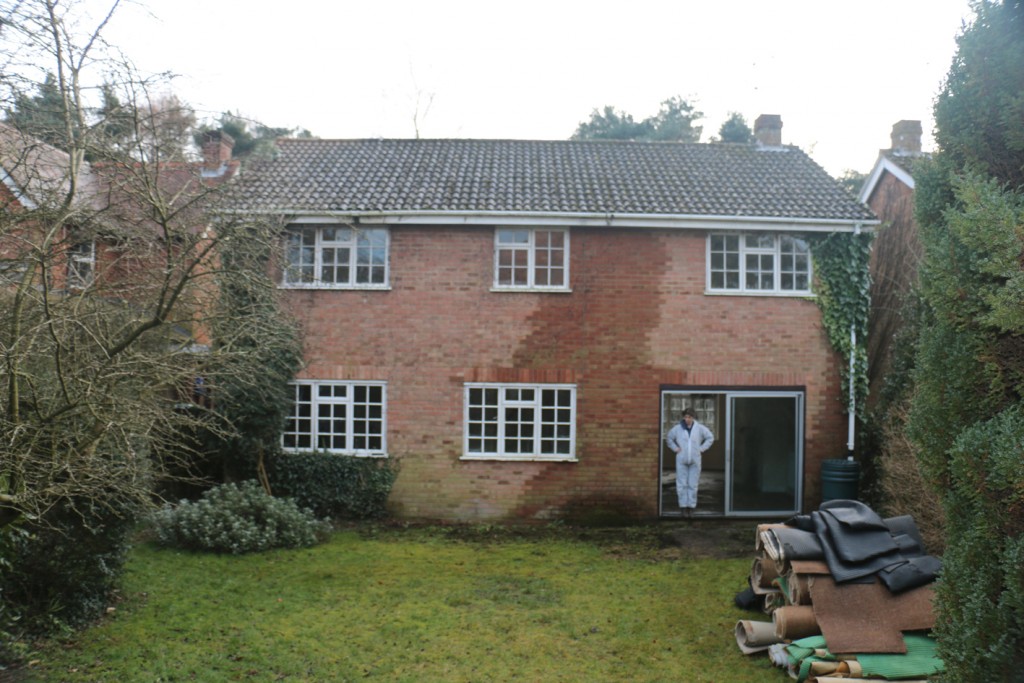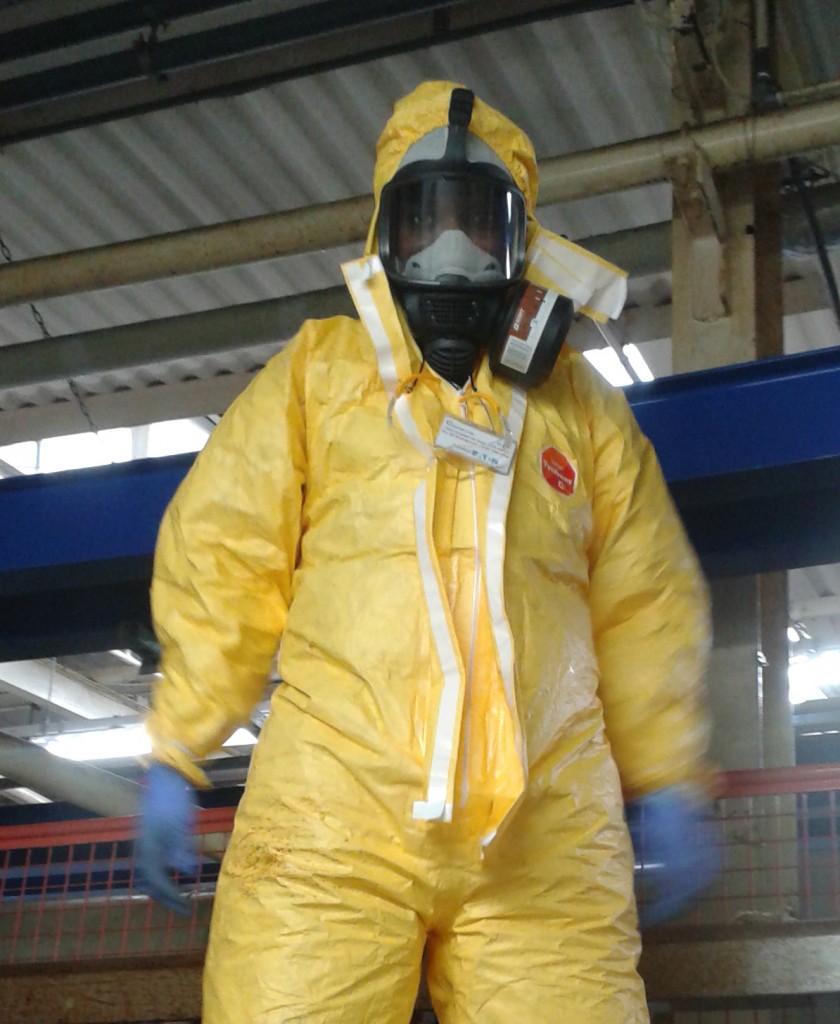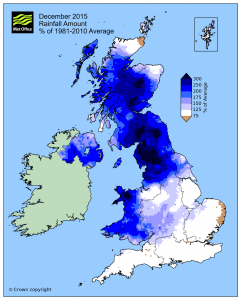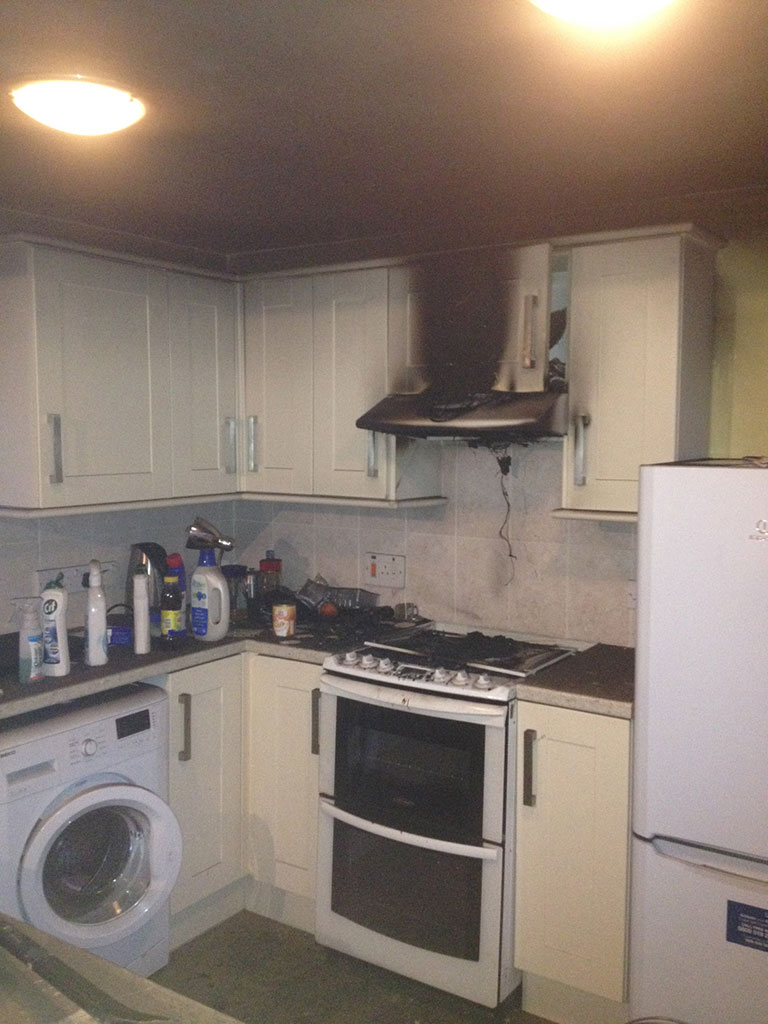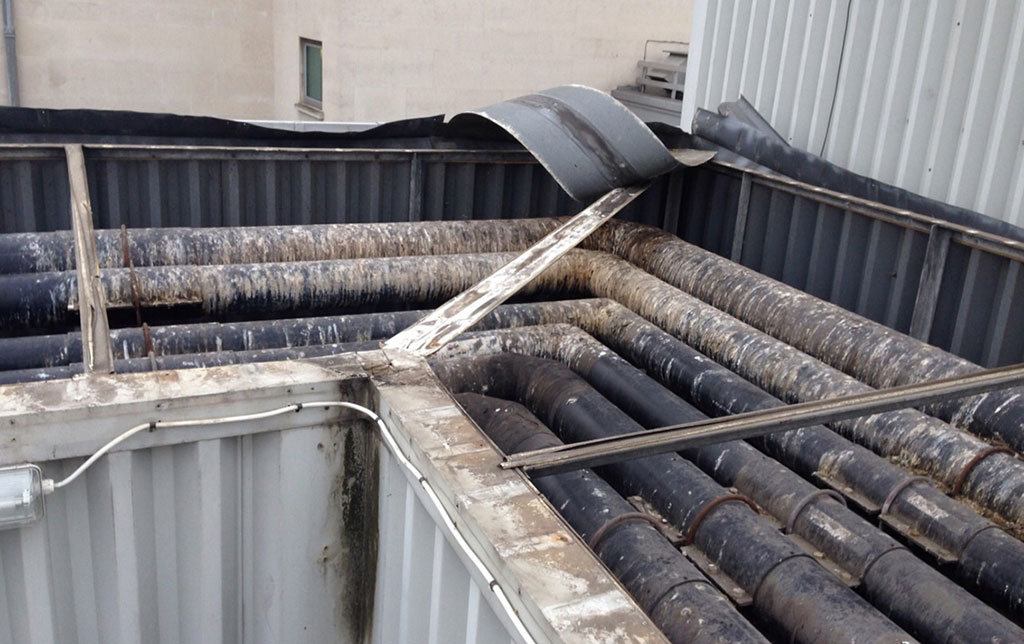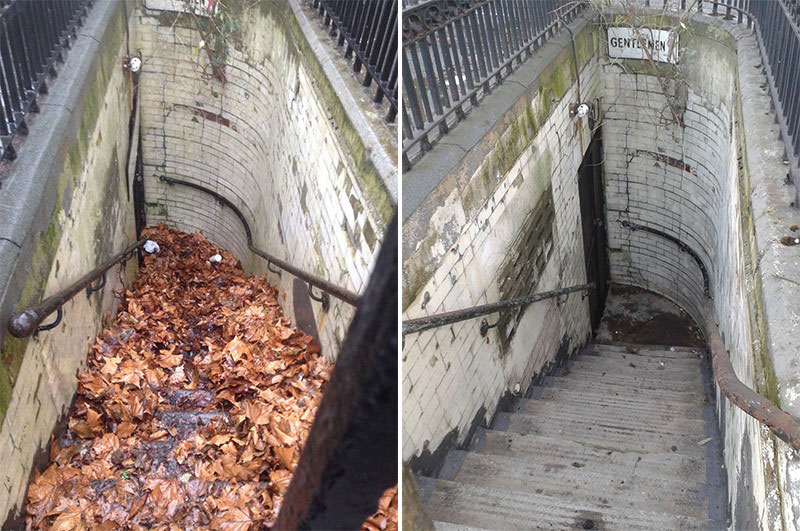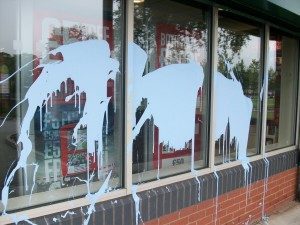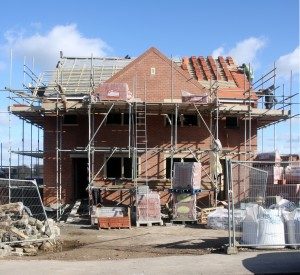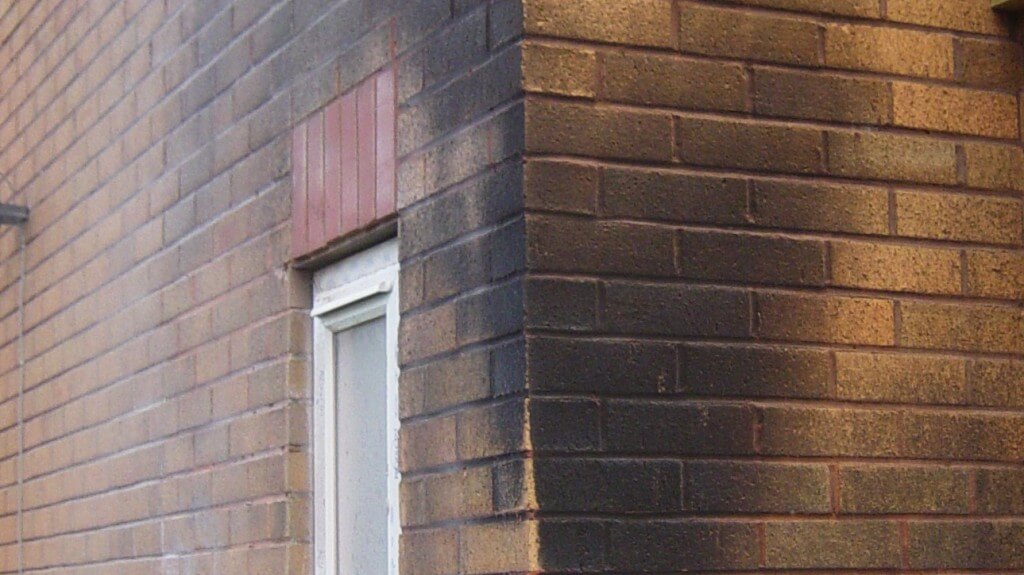So many commercial premises contain a kitchen these days, especially in the food and drink industry where there were 1,567 fires in the year 2015/16 according to government statistics.
There are many reasons a fire can break out in a commercial kitchen, something we’ll explore in this article, but the surprising figure from this data is that there was only one fatality.
In addition to that single fatality, there were 112 non-fatal casualties, something which should highlight just how important it is to protect your commercial kitchen from the threat of fire.
What are the causes of commercial kitchen fires?
The reasons for fires breaking out in commercial kitchens are varied. There are obvious ways in which a fire can start, predominantly due to the presence of open flames, but here are some common causes which you might not be aware of:
Electrical faults – With so many appliances, lights and electrical equipment in a kitchen, it’s likely that an electrical fault could cause a fire. Faulty wiring, along with the sparks which can be spewed out as a result, presents a real danger.
Grease – Something which is present in every kitchen is grease. Grease which has built up over time is simply a fire waiting to happen; it would only take a single spark or flame to set grease ablaze. This isn’t just grease caught on surfaces or in appliances either, as grease and dust can accumulate in ventilation systems before settling into a mass which blocks the system and provides fuel for a fire.
Misuses and abuses – Of the 1,567 fires previously mentioned, 166 were deliberate. This clearly counts as abuse of the premises, something which is hard to tackle. However, the misuse of equipment and the disregard for safety procedures by staff can also lead to fires in commercial kitchens.
These are not the only reasons for fires in such premises, but should serve as an overview as to how easy it is for fire to come from an unexpected source or a fault in an unobservable area.
How to prevent a commercial kitchen fire
There is no single piece of advice which can magically prevent kitchen fires, it takes a concerted and dedicated effort, taking into account the many facets of your operation, facilities and staffing.
The following are five things to think about in order to help you better protect your premises and people from the threat of fire:
- Thorough fire assessment – Having a regular assessment of your premises will allow you to locate the vulnerable areas of your kitchen. This will also help you develop a plan of action, and can include PAT (portable appliance testing) for all electrical equipment to better protect against electrical fires.
- Fire safety equipment – By providing the right tools and technology for your kitchen, you give yourself the best chance of preventing a small, manageable fire from turning into a blaze. Extinguishers should be strategically placed, but if you can afford it then a fire suppression system will guarantee fires are put out as soon as they start – even in harder to reach areas.
- Ventilation cleaning – It was some time ago now, but Heathrow was once thrown into chaos by a fire which started in a blocked air vent. This incident should serve as a reminder of how important it is to undertake a regular inspection and cleaning of ventilation systems, ensuring there has been no build up of grease, dust or debris.
- Staff training and clothing – Having your staff know what to do in the event of a fire can help your cause, but also making them aware that cooking processes should not be left unattended will help prevent fires. They should also be wearing the right kind of clothing to ensure that they themselves aren’t part of the problem.
- Security – While arson is relatively uncommon, fires can always be started deliberately, especially when kitchens offer up so many incendiary devices. Keeping premises secure from intruders (as well as keeping out any ex members of staff who may hold a grudge) can limit the risk when it comes to a vicious arson attack.
What to do in the event of a commercial kitchen fire
There are some basic things you need to know in the event of a fire. The first is that you should try to power down any and all gas and electricity if safe to do so, this makes it safer and easier for firefighters to deal with a blaze. The second thing you should do – as part of an evacuation plan – is safely and calmly lead staff, customers and visitors out of the building to a designated safe assembly point.
After a fire your property may have suffered from fire damage and smoke damage, in the event of this you should bring in professional cleaning contractors to restore your property.
As part of your fire risk assessment you will no doubt be able to tailor a plan of action to your individual business.
CleanSafe – Providing fire damage cleaning
If your property has suffered from fire damage, regardless of what industry you operate in, at CleanSafe we provide professional cleaning to help you get back to business as quickly as possible with minimal disruption.
We even provide cleaning for commercial premises in general, helping you to maintain a hygienic site and removing the risk of grease building up into a dangerous fuel.
For more details, or to discuss your specific requirements, simply contact us today or fill out our online contact form with your details.


